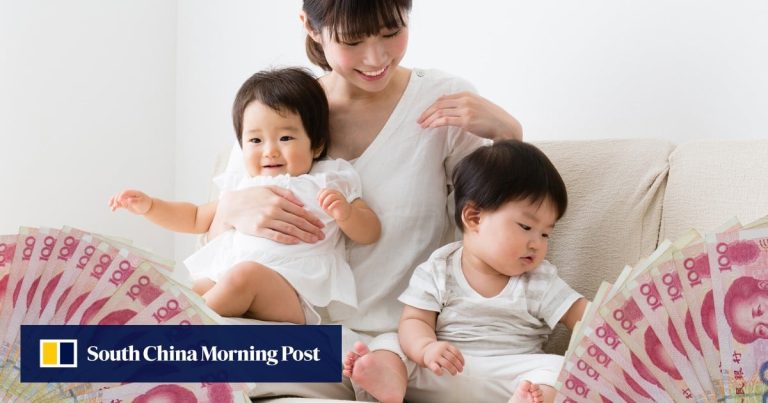Unlike a tutor or nanny, these companions are deeply involved in the children's daily lives and emotions.
Their duties include taking children to doctors, helping with homework, traveling with children, and managing children's emotional needs, which are traditionally the responsibilities of parents.
Hours vary depending on the family, and work includes both on-site and live-in services.
The “children's buddies” are often educated at elite universities in China and abroad. Photo: Shutterstock
Song Siyu, a child care worker from the southwestern Chinese city of Chongqing, said she works from 5:30 p.m. to 8:30 p.m. on weekdays, during which she helps her children with their homework and takes them to football, fencing and swimming.
A typical monthly salary ranges from 10,000 yuan (US$1,400) to 30,000 yuan, according to mainland China news outlet Phoenix News.
Child chaperones are typically hired directly by families through social media platforms, without the regulation or protection of an agency, state broadcaster CCTV reported.
Most of the clients are reportedly wealthy families with assets worth over 10 million yuan (US$1.4 million).
Many parents who are busy with their work and want to give their children the best education prefer to hire professionals rather than relying on grandparents for childcare.
A female child companion named Shula told Southern People Weekly that child rearing is still seen as the mother's role, with “professional moms” dominating the industry and little demand for “professional dads.”
“Families who choose boys as chaperones often do so for the child's motor development reasons, but parents often refuse as they believe that boys may not be suited to look after girls,” she said.
Inevitably, some children develop additional trust and affection for their “paid mother.”
A nutritionally-savvy female companion named Suess prepares a week's worth of meal plans for the children in her care.
She spent summers with the rebellious boy, whose mother was very controlling. She helped him with his homework, took him cycling and playing basketball, and the two often had heart-to-heart talks.
Once, after an argument with his mother, the boy told her, “I don't like my mother. I want you to be my mother.”
Experts have expressed concern, saying there is no substitute for a qualified parent. Photo: Shutterstock
Pan Lan, a family education expert from central China's Hubei province, told the Post: “This kind of child-to-child relationship can't replace real parent-to-parent relationships.”
“Children need the love and support of their parents for their healthy physical and mental development.”
“Quality home education is a mutual growth process between parents and children,” she said.
There have been mixed reactions to the job on social media in mainland China.
“They shouldn't be called 'professional' parents. They are just paid experts in a particular field. The word 'parent' has a deeper emotional meaning,” one online observer wrote on Weibo.
“If my child has friends who went to prestigious universities, he or she won't be worried about falling behind others right from the start,” said another student.

